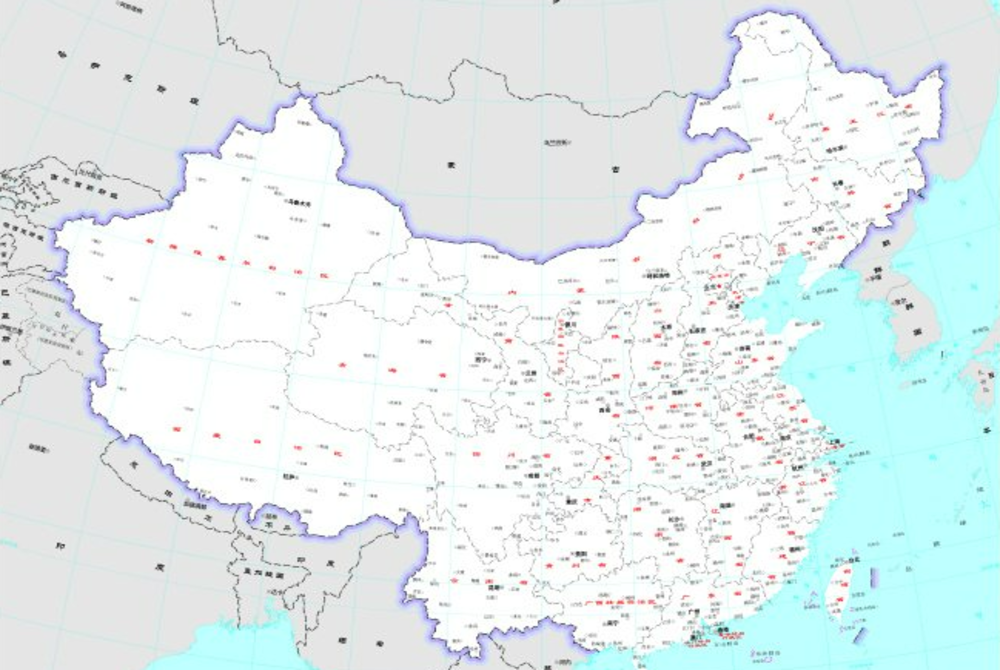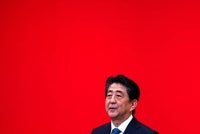China’s new map: It’s about sovereignty issue - IDFR DG

KUALA LUMPUR - Concerns about sovereignty are at the heart of Malaysia's objection to China's most recent map, which asserts authority over nearly the whole South China Sea, said Director General of the Institute of Diplomacy and Foreign Relations (IDFR), Datuk Dr Shazelina Zainul Abidin.
She stated that, in terms of diplomacy, the government will refute any information released by third parties that is unfavourable to Malaysia's interests or factually incorrect.
"We either have sent in our protest note, or we are about to, and the whole idea about this in diplomacy is to make sure that we are not complacent with what happens.
"We don't recognise the unilateral decision by China to release that map, the same way that they don't recognise a lot of the unilateral decisions that other countries make.
"And this is all about sovereignty issues. So unfortunately, that's all I can say about that,” she told reporters when met at the Forum on Cultural and Civilisational Diplomacy: The Framework and Best Practices, here Friday.
On Monday, the Chinese Natural Resources Ministry issued the "China Standard Map Edition 2023”, which also covers the exclusive economic zone (EEZ) maritime areas of Malaysia near Sabah and Sarawak, Brunei, the Philippines, Indonesia, and Vietnam, as well as several areas in India.
The Foreign Ministry on Wednesday said Malaysia does not recognise China's claims in the South China Sea, and that the map holds no binding authority over Malaysia.
Meanwhile, Foreign Minister Datuk Seri Dr Zambry Abdul Kadir on Thursday said the government will send a protest note to China over the latter’s claims.
Regarding the forum, Shazelina said it marked the successful completion of a training programme for junior diplomats from the Foreign Ministry that was co-organised by IDFR and the International Islamic University Malaysia (IIUM).
"This programme is to make sure that they (junior diplomats) were more holistic, grounded in our own principles, in our moral beliefs and spirituality, rather than just going after economic, financial or trade terms.
"And that gives them a better understanding of where Malaysia needs to position itself in terms of the international stage,” she said.
The training, encompassing cultural, emotional, and spiritual intelligence for cultural and civilisational diplomacy empowerment, was uniquely designed from a broader civilisational perspective to unleash the potential and vital competencies of the participants and those dealing with diplomatic and cultural relations matters. - BERNAMA
Download Sinar Daily application.Click Here!














